
Next-Generation Imaging
Latest News
Latest Videos

CME Content
More News
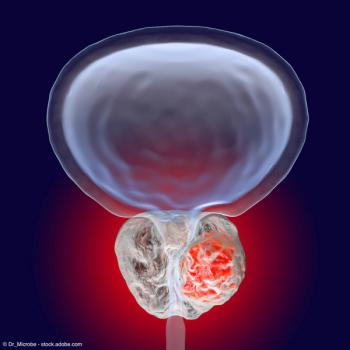
Overall, 15/16 patients had a true positive scan based on confirmatory imaging and/or biopsy, equating to a PPV of 93.75%.
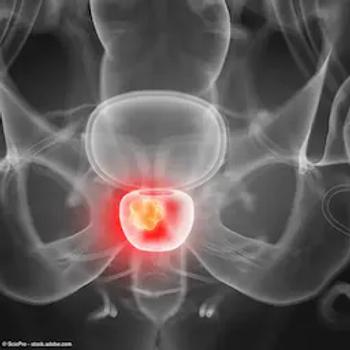
Patient recruitment for the phase 3 AMPLIFY trial is set to begin early next year.

Both 177Lu-PSMA-I&T and 64Cu-PSMA-I&T are currently in phase 3 development for use in prostate cancer diagnostics and treatment.

"We found that as soon as we got to the range of biochemical recurrence-defined PSA—0.2 ng/mL and up—the detection rate was very high," says Bridget Koontz, MD, FASTRO.

Illuccix is now indicated for use in the selection of patients with mCRPC for PSMA-targeted radionuclide therapy.

"I think it's a really nice synergy between the 2 technologies," says Wayne G. Brisbane, MD.

"The radiologist more than ever has to be part of the care team," says Phillip H. Kuo, MD, PhD, FACR.

“We are pleased that a first patient has been imaged in the CA-NINE trial, which supports potential label expansion for TLX250-CDx into recurrent, metastatic disease,” says David N. Cade.

With this integration, imaging data from the DeepHealth software can be readily imported to the Trinity 3D Ultrasound Platform for prostate fusion biopsy.
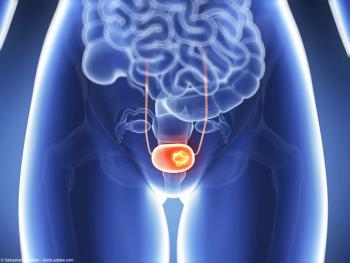
"Interestingly, the findings from this study have already translated into an investigator-initiated clinical trial," says John P. Sfakianos, MD.

“Our findings suggest that high PSMA tumors may respond better to AR-targeting therapies. Tumors with low PSMA possess markers of cancer stem cells and are associated with resistance to radiotherapy," the authors write.

“Our PPP nomograms accurately stratify high- vs. low-risk groups for overall survival in early and late stages of prostate cancer and yield better prediction than established clinical risk tools," wrote the authors.
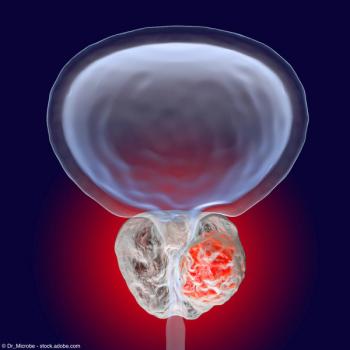
Based on preliminary data, the Safety Review Committee has recommended that the trial proceed with dosing the final 3 patients in the cohort.

The ZIRCON trial reported high accuracy of TLX250-CDx in detecting and characterizing ccRCC in patients with indeterminate renal masses.

Piflufolastat (18F) is being produced at 2 Curium facilities in Madrid and 1 in Sevilla.

The fast track designation for 64Cu-SAR-bisPSMA is supported by findings from Clarity’s ongoing clinical program for the imaging agent.
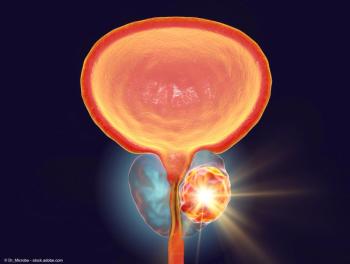
"Combining PRIMARY and PI-RADS scores could be a game-changer in how prostate cancer is diagnosed," says Louise Emmett, MBChB, FRACP, MD.

The median PFS with PSMA PET/CT-guided MDT was 33.2 months, vs 13.8 months with choline PET/CT-guided MDT.

Telix must resubmit the BLA with remediations in order to advance the application to full review, which the company expects to be able to complete within approximately 90 days.

“I think the use and the appropriateness of these agents along the patient journey is also coming into question,” says Brian T. Helfand, MD, PhD.

Data showed a patient-level detection rate of 93% with flotufolastat F 18 in African American patients.

The PDUFA goal date for TLX007-CDx is March 24, 2025.

“The negative predictive value we want to be high, and the false positive rate we want to be low. None of those beat the radiologist reads in both of those categories,” says Robert S. Wang, MD.

The first commercial doses of the diagnostic have now been administered in both Austria and France.

“The ability to gather actionable information from PSMA PET scans is important for physicians to make informed decisions about patient management for men with prostate cancer,” says Eugene Teoh, MBBS, MRCP, FRCR, DPhil.














